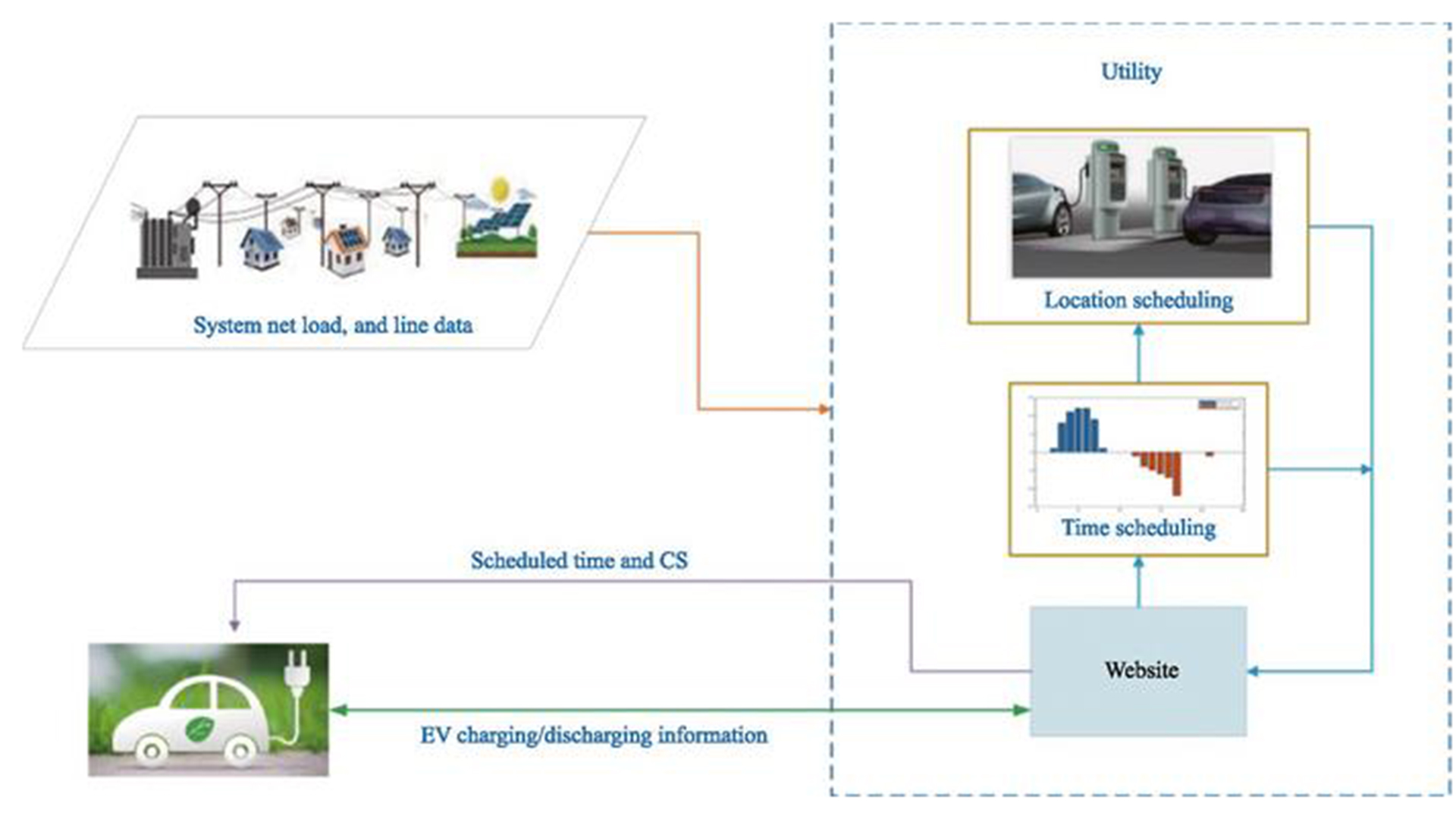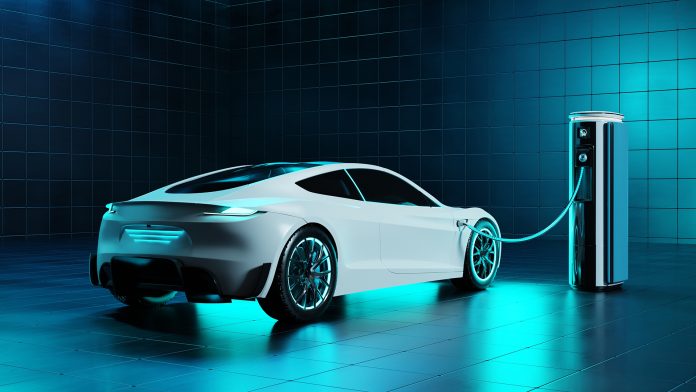Scientists from the National Institute of Technology Silchar have created a scheduling system that may revolutionise EV charging efficiency.
The system elevates power grid efficiency and better utilises energy generated from renewable sources.
By focusing on the charging and discharging times of EVs to better integrate with photovoltaic (PV) energy sources, the system has the potential to make EV charging even more sustainable.
How does the scheduling system work?
This innovative two-stage algorithm schedules EV charging sessions and manages their distribution across various charging stations to reduce energy loss, prevent power outages, and minimise grid impact.
In the first stage, the algorithm uses a hybrid SARIMA-LSTM model to predict solar energy availability and identify optimal EV charging times.
This synchronisation with peak solar production maximises renewable energy use and reduces dependency on non-renewable sources.
The second stage allocates charging slots to different stations to balance the electrical grid load, maintaining stability and preventing the peaks and troughs associated with unmanaged EV charging.

Successful EV charging simulations
The researchers demonstrated the system through extensive simulations on a 28-bus Indian power distribution network powered by solar energy.
The results demonstrated major improvements in the grid’s peak-to-average load ratio, an indicator of power efficiency.
The system was also shown to reduce total energy consumption and increase voltage stability in multiple test scenarios.
This breakthrough represents a significant milestone in integrating renewable energy and EVs into urban infrastructure.
As cities grow and pursue eco-friendly transportation and energy solutions, adopting intelligent scheduling systems is crucial for boosting EV charging efficiency.
This study provides valuable insights for policymakers, utility companies, and consumers navigating complex energy management in congested urban areas.









